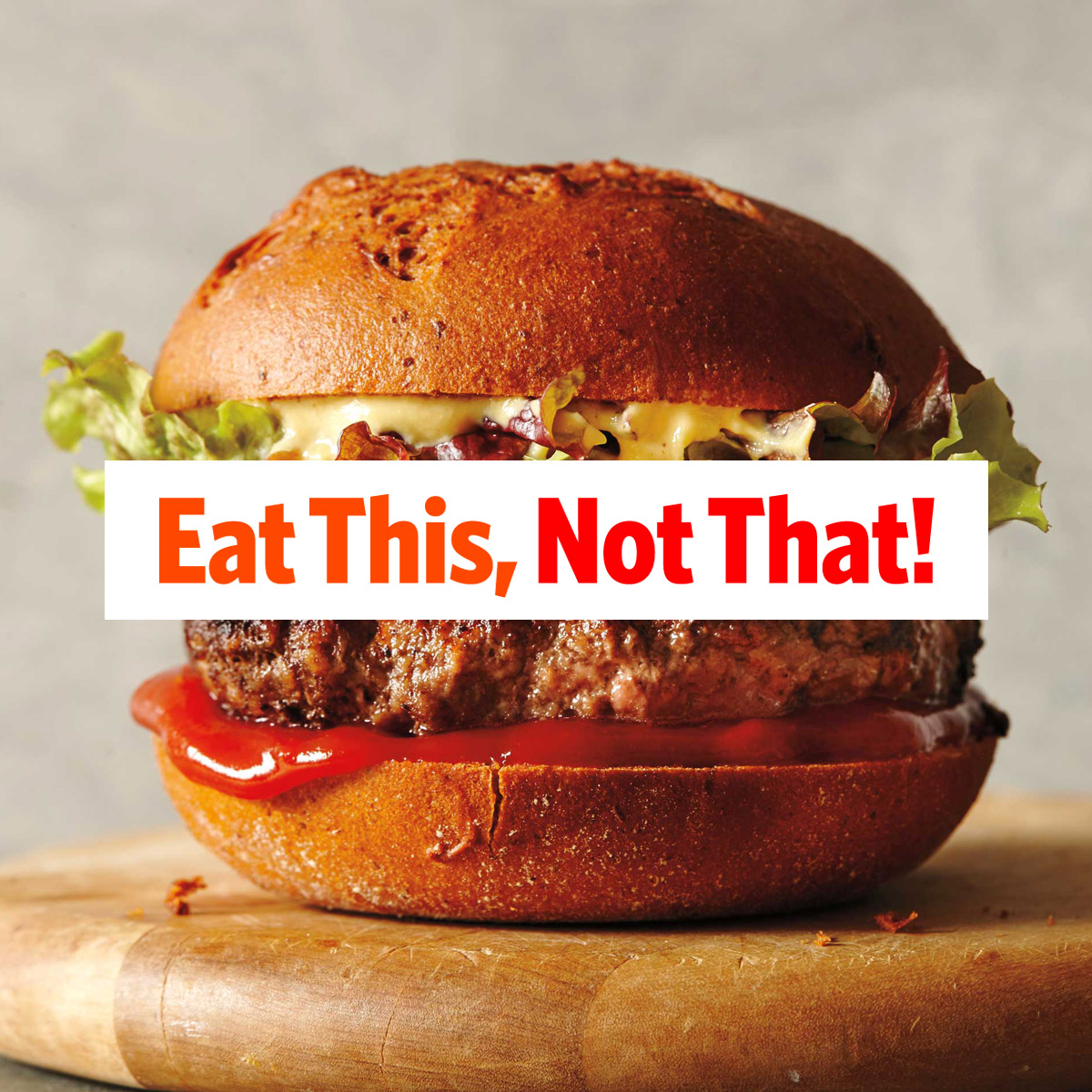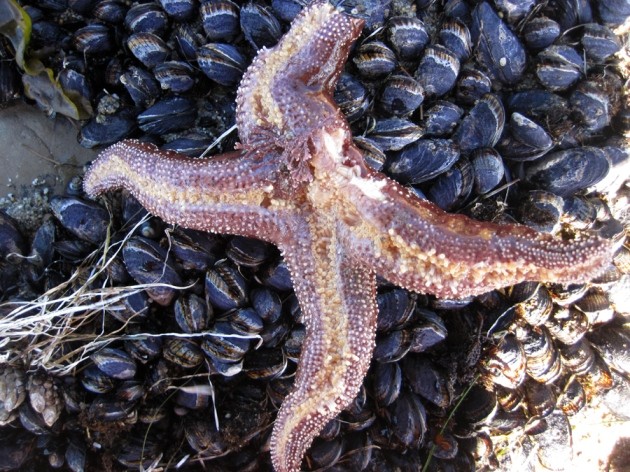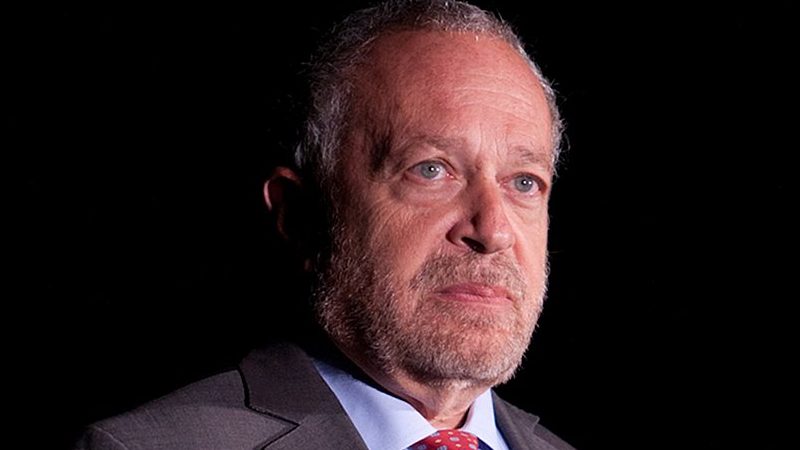
- Select a language for the TTS:
- UK English Female
- UK English Male
- US English Female
- US English Male
- Australian Female
- Australian Male
- Language selected: (auto detect) - EN
Play all audios:
It is becoming quite difficult to be optimistic about Britain. Inflation is rising. The Bank of England predicts that it will hit 11 per cent. Interest rates are following, having now
reached their highest level in 13 years. A bank rate of 1.25 per cent is still low by historic standards, but that will rise. The real question is not where rates are now, but where they
will peak. If the bank is correct and inflation is heading for double figures, then interest rates have a long way to go. The last time inflation got out of hand was during the 1970s, and it
was wrung from the system during the 1980s by a brutal series of interest rate hikes in a process led by the Federal Reserve Bank under its then-chair, Paul Volcker. The cost of that in
unemployment and suffering was appalling. We now face a similar challenge. Michael Gove has warned that Britain is in for a “painful” economic “correction”, caused by the twin shocks of
Covid and the war in Ukraine. One of the main components of consumer inflation is the rising cost of fuel. Petrol at the pump is now two pounds a litre, the price driven upwards by the war
and by a squeeze in the gas markets that was under way before the invasion began. Another factor pushing up petrol prices is the relative weakness of the pound, which declined in value after
the Brexit vote. Back in 2008, when oil reached its all time high of $147 per barrel, petrol rose to £1.10 per litre. Oil is currently below that peak price but the cost at the petrol pump
is currently 90p per litre higher. Oil is priced in dollars. In 2008, a pound was worth $1.85. Now it is worth $1.20, meaning that a pound buys you substantially less in the global oil
markets. Oil prices may eventually come down, but the weak pound will keep fuel costs high. In that way, the consequences of Brexit are driving inflation. More worrying is the cost of food.
Ukraine is a breadbasket. In 2020, it produced 24.9 million tonnes of wheat. In comparison, Britain produced 9 million tonnes. Putin is purposefully blocking the export of grain from
Ukraine, knowing that it will put pressure on global food prices and, by association, his adversaries in the west. Food prices are rising and will continue to rise, not only in developed
economies, but also in developing nations too, where there is potential for suffering on a horrifying scale. And what of Britain in all this? There is now a growing realisation that the
economic damage done by Brexit has caused a permanent decline in Britain’s economic capacity. A recent analysis by the Peterson Institute, the US think tank, concluded that, “The UK is a
smaller player in the global economy than it was pre-Brexit, and it must adapt to avoid the worst economic consequences.” That statement is supported by recent forecasts indicating that
Britain’s growth in 2023 will be the weakest among comparable rich nations. The government has adapted to this economic shrinkage by putting up taxes, which it has had to do in order to fill
the gap left by the drop in economic output. That suggests that Britain will not be in a position to lower taxes for some time — or at all — without a significant hit to the Treasury’s
coffers and a reduction in the public services that government can provide. On top of this, No10 has picked a fight with the EU over the Northern Ireland Protocol, which is part of the deal
the government wrote and which Boris Johnson signed but which he now wants to rewrite. The EU — the largest single trading block in the world — is threatening trade sanctions against Britain
if it violates the agreement. If Britain starts an economic war with the EU, which represents around one sixth of global GDP and is the third largest economy in the world, it is hard to see
the economic benefits. And all of this sits atop an already raging political crisis, which is perhaps best encapsulated by the fact that the current prime minister is regarded as unsuitable
for the job by over 40 per cent _of his own MPs_. The departure of Lord Geidt, Boris Johnson’s advisor on ethics, who wrote in his resignation letter that the Prime Minister had put him in
“an impossible and odious position,” is yet another indicator that our political culture is in a state of decay. The chilling possibility is that Britain is heading for political, social,
economic and diplomatic crises, simultaneously, and that the government’s primary objective is not to confront these problems but to save itself. No10’s paranoid defensiveness over Brexit
means that its economic consequences cannot even be raised. Instead, the government persists with its empty, culture war gestures, which yield little more than empty planes to Rwanda. To
confront the coming crisis, the country needs purposeful, generous and honest leadership. We currently have none of these things. As mentioned above, it is becoming very difficult to be
optimistic about Britain. A MESSAGE FROM THEARTICLE _We are the only publication that’s committed to covering every angle. We have an important contribution to make, one that’s needed now
more than ever, and we need your help to continue publishing throughout the pandemic. So please, make a donation._





